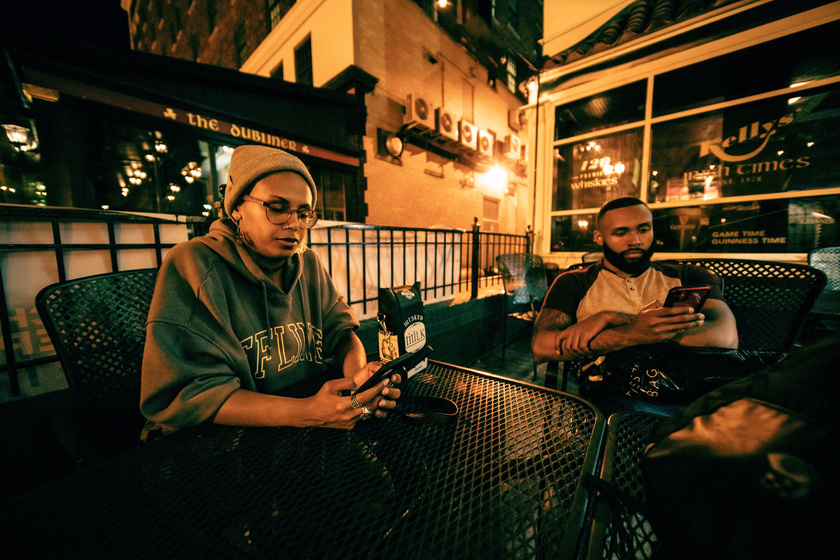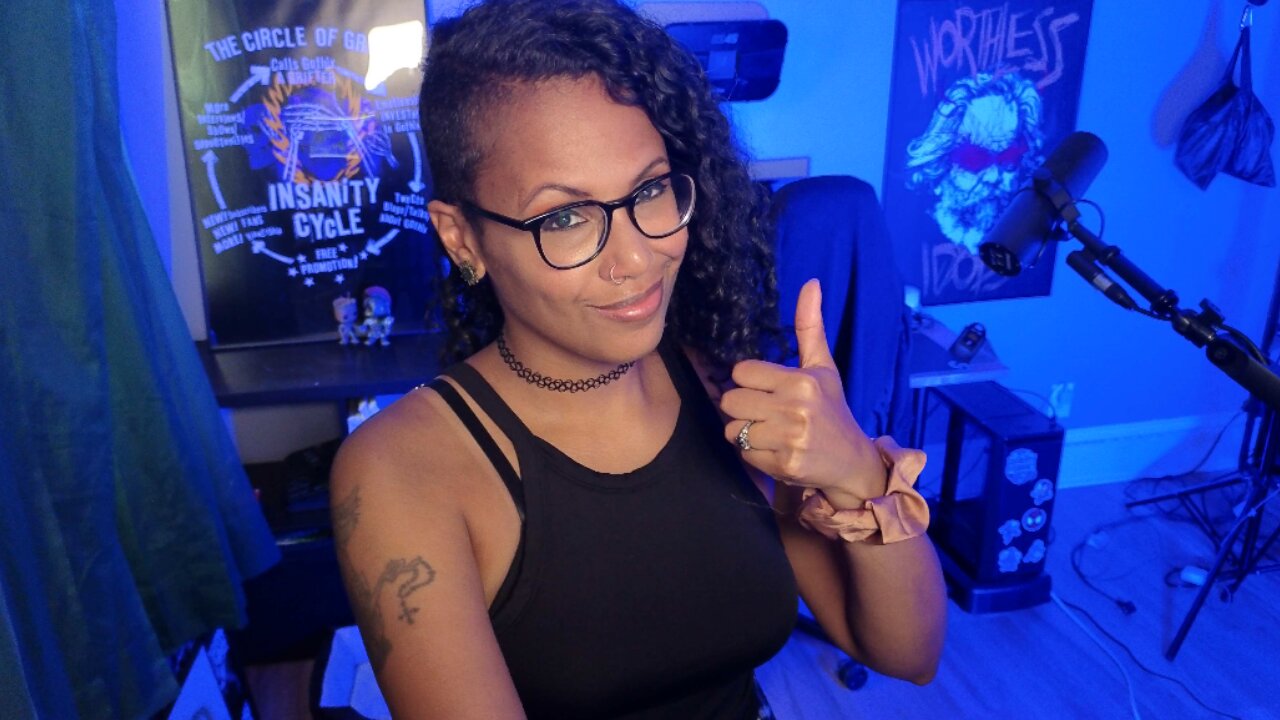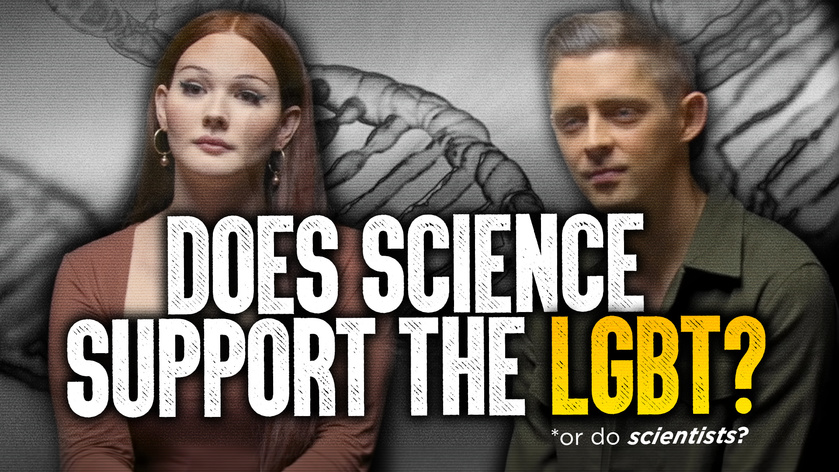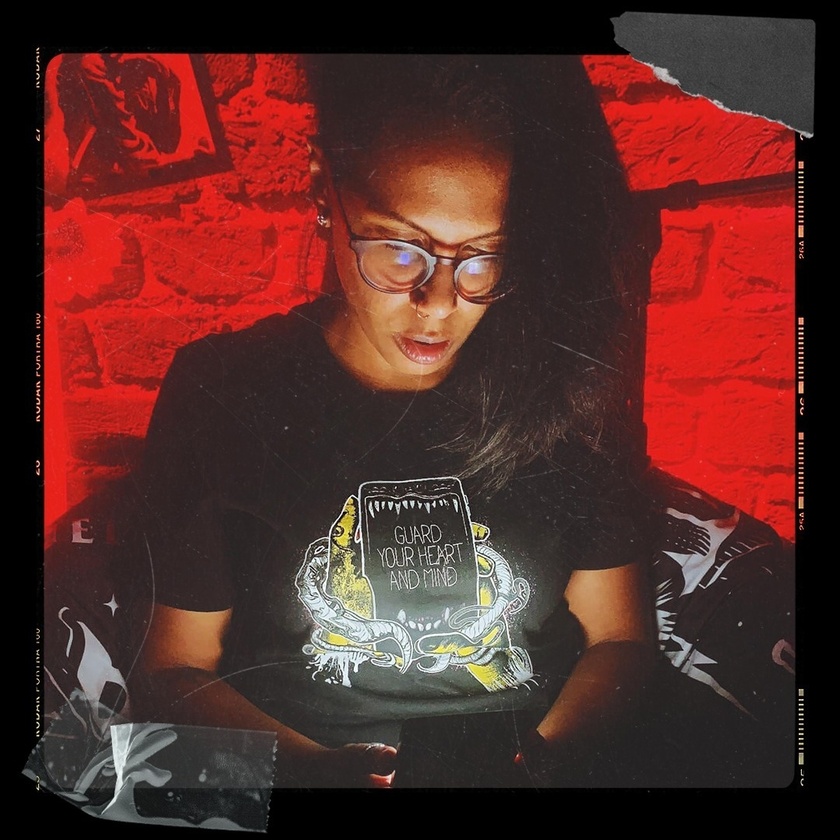Disconnecting from online outrage by understanding the WHY.
I'm old enough to remember a time when my eyes weren't glued to a 6 inch screen.
I was in JR High when my mom first introduced me to the online world, and she set me up to use some kind of "kid internet" where I could only access kid friendly mini games, videos, music, etc. I thought it was the coolest thing! At that point I was used to playing with Barbie's and doing other offline activities, so the internet was a pretty exciting addition to my arsenal of entertainment.
After a few months of using the kid internet, my mom upgraded me to AOL. This time I had access to pre-teen message boards, chatrooms and webpages. Once again I was excited because prior to AOL, I had to make friends the old fashioned way (usually sitting in the recess yard by myself, playing with my Furby and hoping that some equally-anti-social kid just so happened to be a Furby enthusiast).
I was awkward, and I knew this very early on. So when I learned that I could meet new people online, I used my 1-hour a day internet privileges to get better at socializing. (Yes, 1 hour a day. You thought my mom was going to allow her 12 year old daughter on the internet for hours on end? HA! More on this later...)
Every day I would come home from school and do my homework before booting up the internet. I was always excited to explore the endless chatrooms and the diverse conversations that came with it. Even as young kid, I was tolerant to the idea that other online users might have different interests, opinions and values. I understood that the internet, even in its infancy stages, was a market place of ideas. And if my pre-teen self was truly offended by these ideas, I could simply exit out and look for another chatroom to join.
What I wasn't prepared for, however, was the realization that some people simply wouldn't like me. There was one time I remember participating in a group discussion with a few other teenagers, and I noticed that one of the participants kept ignoring my chats when I would ask them questions or add to the conversation. Eventually it became glaringly obvious that they were avoiding me, and at the time I couldn't help but feel like I did something wrong! So, I privately slid into that person's DM's (or AIM if the cool kids remember). I asked him, "Did I do anything wrong?"
Surprisingly the kid typed back, but I wasn't prepared for his response:
"I don't like niggers", he said.
Pardon me? I couldn't believe it. He even clarified by telling me he was racist, specifically, towards black people and so was his entire family. As shocking as his response was, I still appreciated his honesty. I just wasn't use to people not liking me in the online world.
In person, I was always brushed off as a weird and awkward classmate, but I was more understanding if people disliked me because at least they had more to base their judgment on. Judging people online however, is very different because there's minimal context and nuance available. So needless to say I was caught off guard when I realized how quickly a stranger could write me off without TRULY knowing me.
Now here's the part where I get to brag. How do you think I handled this situation? Did I call this person out through message boards or online journals to inform everyone of how racist this person was? Did I report their account for having the audacity to have feelings, as wrong as they were? Did I retaliate by reminding this person how much of a piece of shit they were for feeling the things that they did?
No, I didn't do any of that.
Despite how unprepared I was for someone to pass judgment on me with as minimal information as they had, I also recognize that human beings are allowed to feel how they feel. I'm sure we all know someone who's cried over spilled milk before, I certainly have. But that context and nuance is important to understanding WHY I cried over miniscule things. If you understand the why, you might be able to fix the problem.
I was curious what it was about me, specifically, that led him to this point. In fact, our conversation lasted over the span of a few days because I made the effort to say hello to him whenever I signed online. I didn't have to do this, after all I was a nigger according to him. He also never blocked me, which he could have done at any point considering he didn't like black people.
But I also didn't block him either, because I was invested in understanding his WHY.
Too often I'll see online users respond to 'hate speech' with MORE hate and shaming, by making a public spectacle of the matter. What kind of logic deprived rationale is that? Imagine if MLK addressed hate in the way that social justice keyboard warriors currently do. Or if Daryl Davis, the black man who convinced KKK members to abandon their robes (through conversation), instead chose to punch them in the face.
Come to think of it, I don't think we need to consider events that far back, because what I'm describing is happening in present time.
I grow very concerned when I hear people suggest that physical assault is the solution to saying the N word (or any other form of 'hate speech'). Realistically, who's really at fault here? The guy that said the word, or the guy who assaulted another for saying the word. One act is criminal and the other is not. One act exemplifies fearless by avoiding self censorship, and the other shows weakness by allowing a word to decimate your self-worth. I realize some people will disagree with me on this statement and to that I ask you to consider what the goal is for addressing hate speech as keyboard warriors do now, versus how I did it back in the 90's.
If your goal is to genuinely end racism, then you'd be invested enough to consider the consequences of HOW you address that racism. I realize that many can't grasp this concept, which Is why I've accepted the reality that racism (or other forms of hate) will ALWAYS exist. If people were truly serious, they would treat these interactions with care and consider all options before defaulting to modern day online execution, for clout and sympathy.
Yes, I sympathize with their inability to be the bigger person.
The online world was a gift and a curse at the same time, because I don't think the forefathers of AOL considered how unreasonable people would treat online discourse. But then again, maybe they did consider it. Seeing how divisive the online space is, it certainly feels like they knew.
That said, with great power comes great responsibility. And if we accept the power to be connected with millions of people in the online space, then we need to take responsibility in understanding how to use said power. So I'd like to leave you all some tips on how to make online life a little less chaotic. Parents, I want to start with you:
What is the purpose of your child having a smart phone? Is it to communicate with the family, or is it to communicate with friends? And do you know who their friends are and what values they hold? Are you familiar with what apps your child has on their phone or how often they spend on these apps? Does your kid view social media as reward for hard work or a necessity to live? Are you ensuring that the values you've instilled in your child are not being overwritten by influencers on TikTok or Twitter?
To put it bluntly, are YOU raising your child, or is an app raising your child?
As a kid, I had 1 hour of internet per day, with limited access to websites. If I wanted to explore the web beyond the confides of the parental controls my mom put in place, I had to request access to get permission. This allowed her to review the sites I wanted to see, and as I got older, she loosened up those restrictions along the way, essentially giving me time to mature. To often I'll see teenagers glued to their phone in public, or even worse, when they're on the job. This makes me wonder how much of a balance, if at all, they have with social media. It's up to the parents to take control of their kid's online experience, or face the inevitable consequences of raising intolerant and emotionally weak adults. Now imagine if emotionally weak people went on to have kids...The result is how I see today's online political discourse.
Not to mention the growing trend of cancel culture! I'd be very weary of allowing a child to free roam the internet when there have been enough of College sponsorships revoked over something a kid tweeted when they were 10.
As for the adults or kids that are curious enough to read this blog, I'd recommend practicing self control and developing a balance of online life and reality.
The next time someone says something mean to you online, consider your reaction. What's your goal with engaging with this person? Is it to stick up for yourself? I can commend that, but understanding that online hate is inevitable will help you gauge if a response is worth your time. If your goal is to change someone's mind, or weed out the behavior that you think is corroding society, it's best to check your OWN behavior before adding to the corrosion.
Additionally, I would be cognizant of how much time you spend on social media or apps. I can understand it from the perspective of someone who needs these things to run their business (guilty as charged), but it's very easy to forget that there's a beautiful world waiting to be explored, beyond screen that you're using to read this blog.
That said, here are some things that have helped me maintain a balance:
1. Sleep with your phone atleast 5 feet away from you. This forces you to get out of bed to shut off you alarm, and it prevents you from scrolling on social media before bed or right when you wake up.
2. When you wake up in the morning, don't look at your phone. Give yourself time to take care of YOU. Have some coffee, make some breakfast, take a shower, walk the dog. You first, THEN phone.
3. When you're hanging out with friends, watching a movie, or doing some other in person activity, consider leaving your phone in another room to limit distractions. Be in the moment! (bonus if you can put the damn phone down when you're at a concert! Yes, everyone else in the crowd has the SAME footage of the singer on stage. Your footage isn't special, so just enjoy the music!)
4. If you don't have the will power to keep the phone down, consider using an app (I HIGHLY recommend Freedom.to or Forestapp.cc)
5. Reflect on your online/app use. Some phones have features that document your daily screen time and what apps or sites you visit the most. This will help you figure out what's drawing you in so you can catch yourself as it happens. When my Youtube channel started gaining traction, I became addicted to checking my analytics to see how many new subscribers or viewers I got. Once I realized that I kept opening up my YouTube dashboard throughout the day, I challenged myself by limiting my visits to once per week which freed up a lot of my time.
6. Consider putting that phone to use, but in a more productive way. One of the consequences of constant social media use is that it made me very anxious. "What are my haters saying about me? Did I drop followers? Am I getting cancelled again??" These were the common questions that I kept asking myself only a year ago today. When I got very anxious, it sometimes lead to depression. And when I was depressed, it often lead to a messy apartment. And if my apartment is messy, I remain frustrated AND depressed because now I can't find what I'm looking for and I'm too embarrassed to have friends over!
Sounds chaotic, huh? Thankfully I was able to fix this by first understanding the WHY. Last year I became very anxious when I saw the world going to shit due to the plandemic, BLM, militant pronouns and endless speeches about white supremacy. I was frustrated a because I knew that the people in power were lying, but I couldn't do anything about it. But then I realized, I can't possibly DO anything, if I didn't truly understand the WHY.
Instead of doom scrolling the headlines and sifting through propaganda, I decided to kill two birds with one stone by listening to audiobooks while cleaning my apartment. So while I was busy mopping floors, I learned about the Marxist tactic of using slander to get what you want (see Rules for Radicals), or that Communists, historically, make a point to weaponize the feelings of black people to push their agenda (see Color, Communism and Common sense), or that the idea of men becoming women and women becoming men, has been use as a battering ram throughout history, as means to advance political movements (search cultural critic Professor, Camille Paglia, on YouTube).
As for my racist "friend", I'm not sure if he ever changed his opinion about me and frankly I don't care. I didn't NEED his approval to feel validated, but I communicated with him as an equal (despite him not viewing me as the same), in the hopes that our interaction planted a big enough seed so that he thought carefully about making generalizations about black people in the future.
Only he knows if he actually changed but I can sleep well knowing that I won't be responsible for ruining his life in 2021, because I messaged him privately instead of taking my grievances to a public forum for current day activists to dig up and expose. People can change with the right guidance, patience and the willingness to hear them out.
If you truly care about making the world a better place, you'll always consider the bigger picture before reacting for the sake of your feelings.
-Gothix
(audio version coming later today)
























